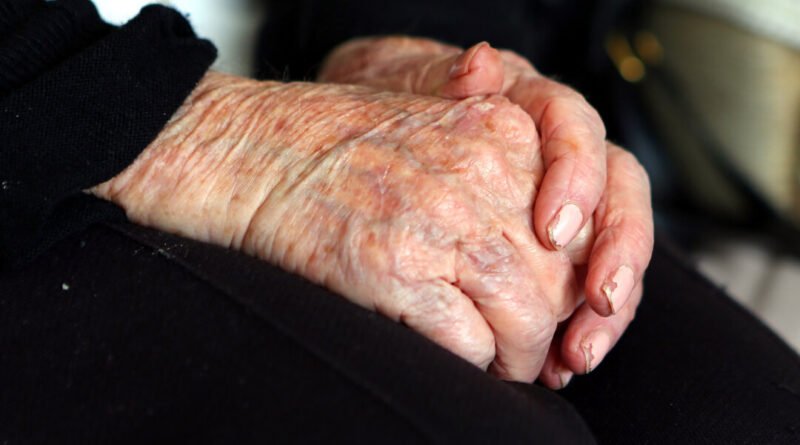Age UK report shows that 2 million older adults are lacking necessary social care services.
The charity highlighted that, despite a significant 18 percent increase in the population of individuals over 75 since 2017, a decreasing number of older individuals are benefitting from local authority long-term care.
A charity report revealed that an estimated two million older people have unmet social care needs, a rise from 1.6 million in the previous year.
Age UK’s analysis of data from the Office for National Statistics and the English Longitudinal Study of Ageing showed that a considerable number of individuals aged over 65 struggle to perform at least one Activity of Daily Living (ADL) independently.
Age UK emphasized that unmet care needs expose older individuals to risks of injuries, like falls, leading them to seek assistance at A&E where they may experience prolonged wait times for treatment. Subsequently, they may become bedridden in a hospital due to insufficient community-based care, creating challenges for hospital management and hindering their chances of recovery.
The charity has urged for social care reform, emphasizing the need for collaboration between the Government, NHS, local government, and organizations like Age UK to pave the way for a better future for health and social care.
Services Not Keeping Up With Demand
The report cautioned that the existing system is ill-equipped to cater to the growing older population, as the availability of health and care services struggles to meet the increasing demand.
Despite the 18 percent increase in the population of individuals over 75 since 2017, the report indicated a reduction in the number of older individuals receiving local authority long-term care—be it community, residential, or nursing care— with a drop from 548,450 in 2019/2020 to 542,545 in 2022/2023.
Furthermore, the growth in the number of individuals aged 75 and above, who often require primary care support, has not been matched by an increase in the number of full-time GPs, with only a 2.5 percent rise in full-time equivalent GPs and trainee GPs between March 2023 and March 2024.
Another critical aspect of at-home care support for the elderly is district nurses, whose numbers have decreased by 17.5 percent from 2014 to 2023. The shortage of at-home support may lead to severe issues such as pressure sores necessitating acute hospital care.
Childless Older People
Unaddressed care needs are anticipated to worsen in the future due to the growing number of older individuals without adult children to provide care.
The report predicted that by 2030, the number of over-65s without adult children will reach two million, with the projected increase by 80 percent in single and childless older people needing care by 2032.
In England in 2021, adult children contributed significantly to the provision of unpaid care to their parents, accounting for 28.8 percent.
In response to the report, a Department of Health and Social Care spokesperson affirmed the government’s commitment to addressing public health and social care issues through a 10-year health plan centered on key shifts towards community-focused care, digitalization, and preventive measures.
The spokesperson reiterated, “We are dedicated to establishing a National Care Service, supported by national standards and localized delivery, to ensure equitable access to necessary care.”
PA Media contributed to this report.





